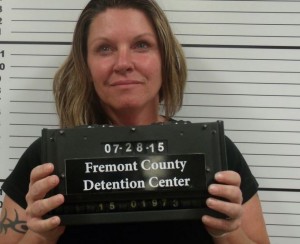I generally believe academic forums are not the best place to have debates because nobody other than a handful of professors and their captive students participate in them. Academic debates draw an audience of a few hundred on a good day, while an appearance on the Kelly File, for example, draws two million on a bad day. Never the less, here is my article:
“Notwithstanding the Supreme Court’s invalidation of federal oversight of elections in sixteen states using Section 5 of the Voting Rights Act, litigation has commenced against multiple state election integrity statutes utilizing Section 2 of the Voting Rights Act. Challenges have been brought against election integrity statutes by the Department of Justice and private plaintiffs in Wisconsin, Texas, and North Carolina. At issue in these cases were voter photo identification laws, changes to early voting periods, same-day voter registration, and requirements that voters only vote in the precinct where they live. These challenges, however, did not use traditional theories of Section 2 liability. Instead, they advanced theories of Section 2 liability that were used to block state election law changes under Section 5 of the Voting Rights Act. The legal theories utilized in these cases seek to import statistical tests for Section 2 liability, which were previously utilized under the Section 5 retrogression standard to block state election laws. If the plaintiffs are ultimately successful, the constitutional balance between states and the federal government that the Supreme Court sought to restore in Shelby County will be undone, and every state will risk violating the Voting Rights Act if any change to an election law has any statistical impact on a racial minority group. Instead, courts reviewing Section 2 cases should utilize longstanding jurisprudence requiring much more than statistical disparities in analyzing election laws for compliance with the Voting Rights Act and ask whether an equal opportunity to participate and comply with the law exists.”
